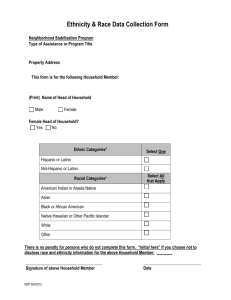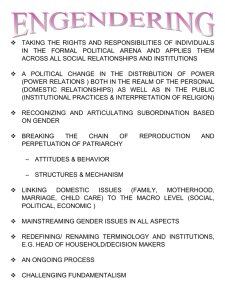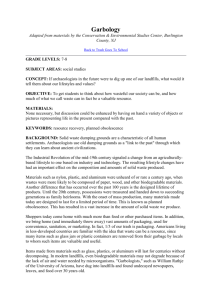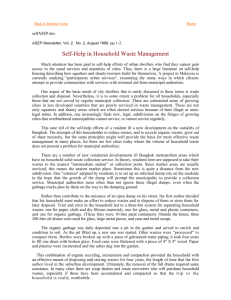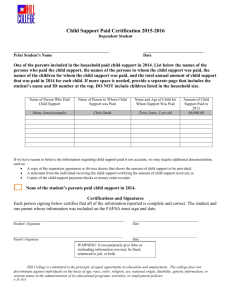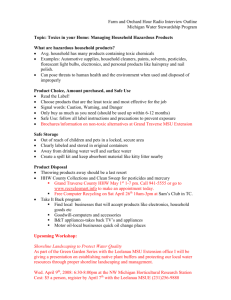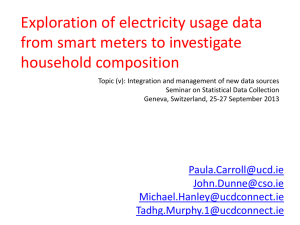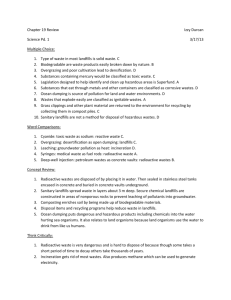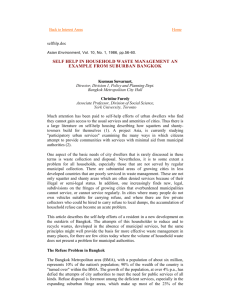landfills household
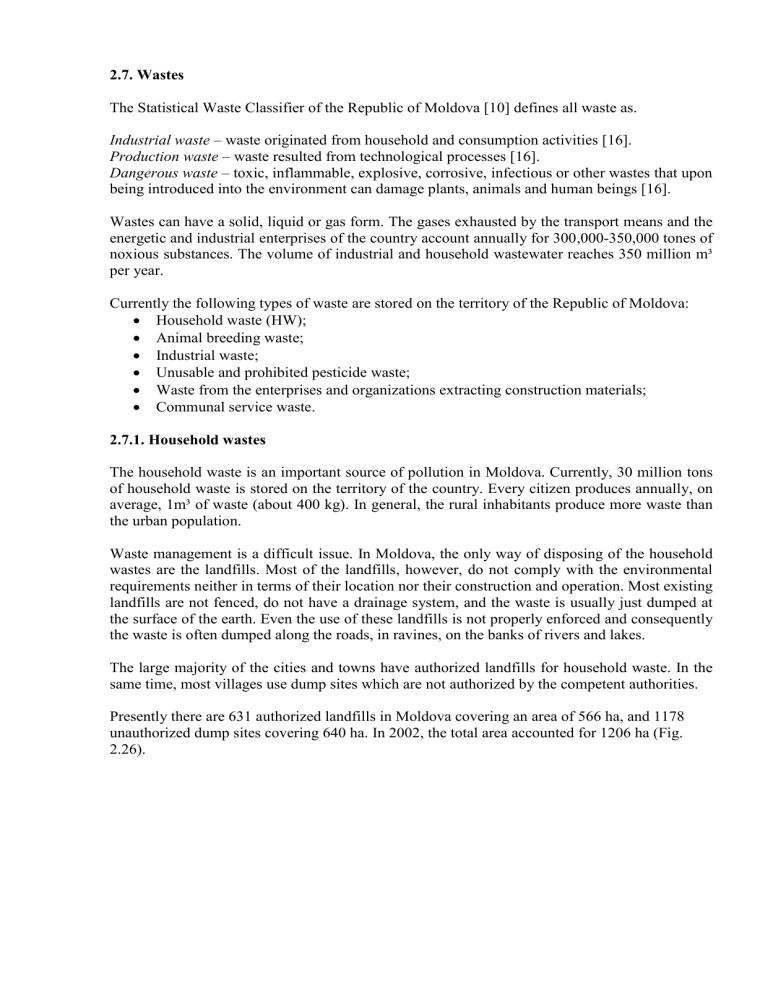
2.7. Wastes
The Statistical Waste Classifier of the Republic of Moldova [10] defines all waste as.
Industrial waste
– waste originated from household and consumption activities [16].
Production waste – waste resulted from technological processes [16].
Dangerous waste – toxic, inflammable, explosive, corrosive, infectious or other wastes that upon being introduced into the environment can damage plants, animals and human beings [16].
Wastes can have a solid, liquid or gas form. The gases exhausted by the transport means and the energetic and industrial enterprises of the country account annually for 300,000-350,000 tones of noxious substances. The volume of industrial and household wastewater reaches 350 million m³ per year.
Currently the following types of waste are stored on the territory of the Republic of Moldova:
Household waste (HW);
Animal breeding waste;
Industrial waste;
Unusable and prohibited pesticide waste;
Waste from the enterprises and organizations extracting construction materials;
Communal service waste.
2.7.1. Household wastes
The household waste is an important source of pollution in Moldova. Currently, 30 million tons of household waste is stored on the territory of the country. Every citizen produces annually, on average, 1m³ of waste (about 400 kg). In general, the rural inhabitants produce more waste than the urban population.
Waste management is a difficult issue. In Moldova, the only way of disposing of the household wastes are the landfills. Most of the landfills, however, do not comply with the environmental requirements neither in terms of their location nor their construction and operation. Most existing landfills are not fenced, do not have a drainage system, and the waste is usually just dumped at the surface of the earth. Even the use of these landfills is not properly enforced and consequently the waste is often dumped along the roads, in ravines, on the banks of rivers and lakes.
The large majority of the cities and towns have authorized landfills for household waste. In the same time, most villages use dump sites which are not authorized by the competent authorities.
Presently there are 631 authorized landfills in Moldova covering an area of 566 ha, and 1178 unauthorized dump sites covering 640 ha. In 2002, the total area accounted for 1206 ha (Fig.
2.26).
1400
1200
1000
800
600
400
200
0
1994 1995 1996 1997 1998 1999 2000 2001 2002
Fig. 2.26. Dynamics of landfill areas
The local public authorities in cooperation with the environmental authorities are to play a primordial role in improving the management of household waste. This should include an active public awareness campaign to inform the population on the major health risks associated with the perpetuation of the existing situation.

